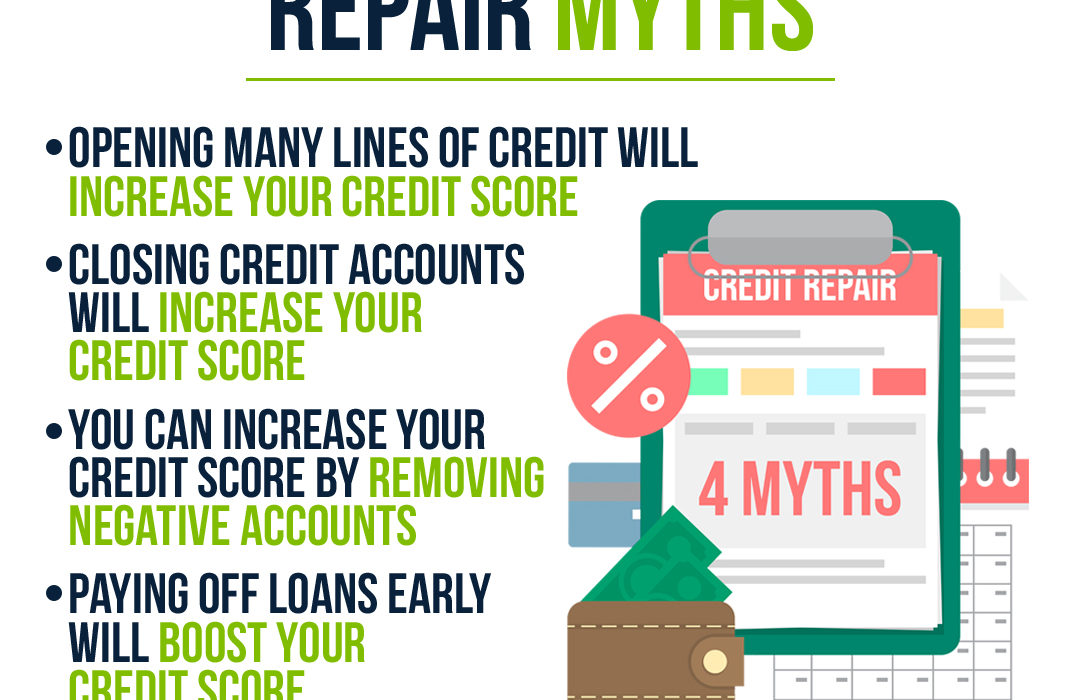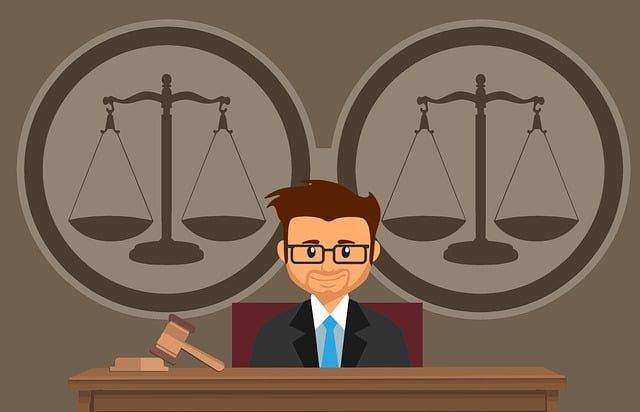Introduction: Credit cards play a significant role in your credit history and overall credit scores. While there are valid reasons to consider closing credit card accounts, it’s important to understand that this decision can have consequences for your credit scores. In this blog post, we will delve into the relationship between closing credit cards and credit scores and explore why closing accounts may lead to lower scores.
Section 1: Understanding Credit Utilization
- Credit utilization ratio explained
- How credit utilization affects your credit scores
- The role of available credit and outstanding balances
Section 2: The Impact of Closing Credit Cards
- Closing a credit card reduces your available credit
- The potential increase in credit utilization
- Example scenarios illustrating the impact on credit scores
Section 3: Longevity and Credit History
- The importance of the age of credit accounts
- How closing older accounts can shorten your credit history
- The positive impact of maintaining long-standing accounts
Section 4: Types of Credit Accounts
- The credit mix and its influence on credit scores
- Closing specific types of accounts may affect credit diversity
- Balancing the benefits of account closure with credit mix considerations
Section 5: Factors to Consider Before Closing Accounts
- Evaluating your financial situation and goals
- Exploring alternatives to account closure
- The potential impact on future credit applications
Section 6: Mitigating the Impact
- Paying down existing balances before closing accounts
- Considering alternatives like product changes or downgrades
- Monitoring your credit reports and scores after account closure
Conclusion: Closing credit card accounts can have a direct impact on your credit scores, primarily through changes in credit utilization and credit history length. While there are valid reasons to close accounts, it’s essential to weigh the potential consequences against your financial goals. If you decide to close accounts, consider strategies to minimize the negative impact, such as paying down balances and maintaining a diverse credit mix. As you navigate your credit journey, remember that responsible credit management and informed decisions are key to maintaining healthy credit scores.
Disclaimer: This blog post is for informational purposes only and should not be considered financial advice. Individual circumstances vary, and it’s recommended to consult with a qualified financial professional before making decisions about closing credit card accounts.






Recent Comments